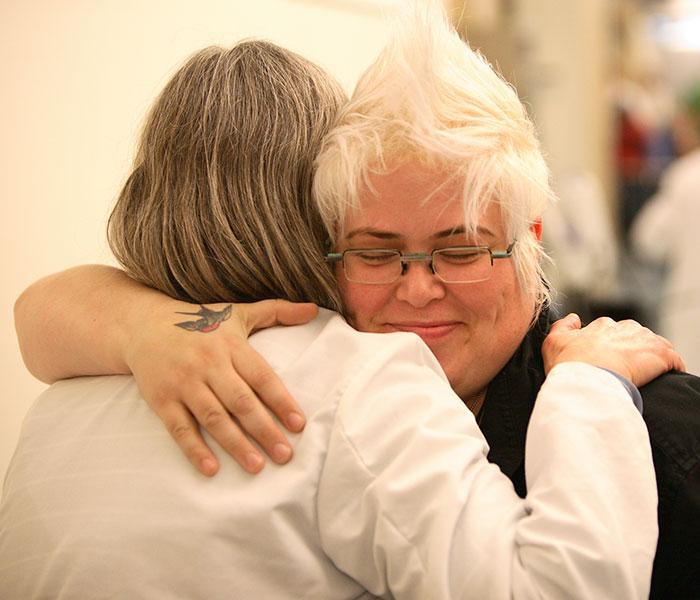As oncology nurses, we have all encountered the caregivers of our patients. Caregivers come in all ages and genders. They can be old and young, male and female. We have seen young mothers at the besides of their suffering husbands, and elderly gentlemen at the bedsides of their sick wives. What can we do for the caregivers who are experiencing their own challenges caring for their loved ones in these trying times?
According to ONS PEP resources on Caregiver Strain and Burden, supportive care interventions like active listening and presence are likely to be effective in our practice. Active listening is a skill that we all learned in nursing school to use with our patients, but we also need to actively listen to the caregiver who is sitting at the bedside emotionally drained and physically tired. We must listen to their concerns, problems, and pain. If we listen carefully, we may be able to assist them in lifting the burden of caregiving—if even for just a moment.
How do we practice presence in the midst of our own chaotic work schedule? Although it is difficult to find the time, just the presence of sitting with a caregiver, even for only a few minutes or simply giving them a hug, can support them during their loved one’s illness.
I have both observed caregivers of my patients and been a caregiver of a cancer patient myself. It is a job that you cannot comprehend until you have experienced it. Caregivers need our support as much as our patients need our support. As oncology nurses, we can make a difference in the lives of caregivers by the gifts of our presence and active listening.






